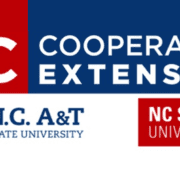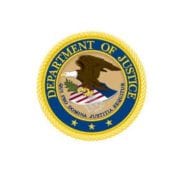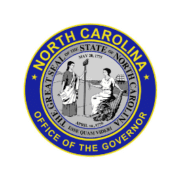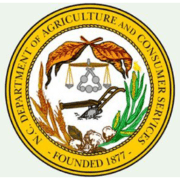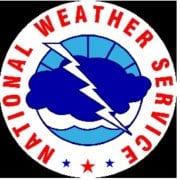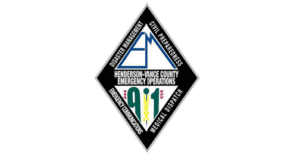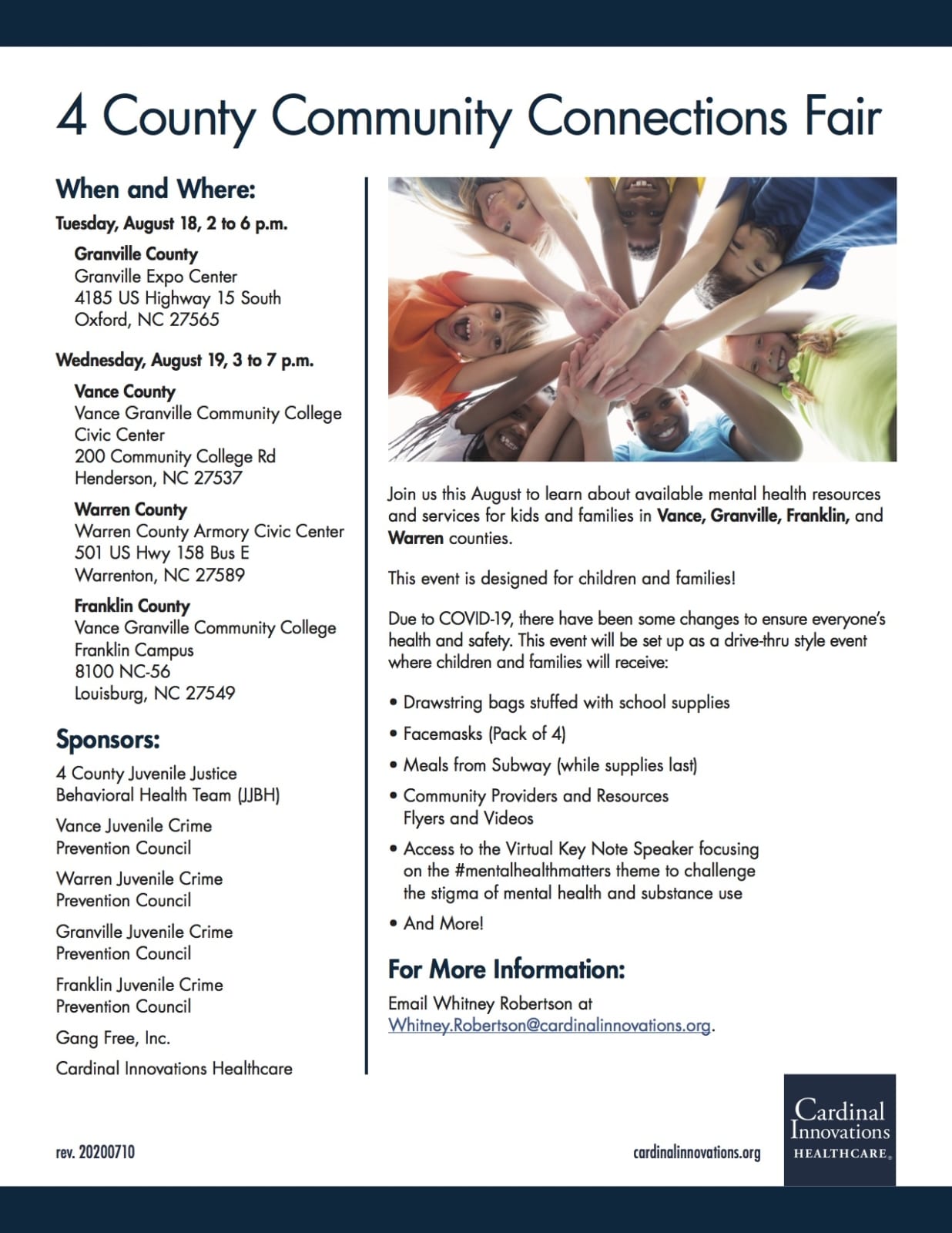* CHANGES TO WATCHES AND WARNINGS: The Tropical Storm Watch has been upgraded to a Tropical Storm Warning for Franklin, Harnett, Hoke, Wake, and Warren Counties. — Click For The Latest
WEATHER.GOV/RALEIGH – https://www.weather.gov/raleigh
NWS RALEIGH – https://www.facebook.com/NWSRaleigh
NWS RALEIGH – https://twitter.com/NWSRaleigh
The latest on Isaias for the WIZS listening area – 1450 AM / 100.1 FM / Live Stream
THE LATEST NATIONAL WEATHER SERVICE BRIEFING WILL ALWAYS BE AVAILABLE AT THIS LINK:
https://www.weather.gov/media/rah/briefing/NWSRaleighLatestBriefing.pdf
____________________________________________________________________________________
(Update 9:30 a.m. – 8/3/2020) — update written and provided by Brian Short, Henderson-Vance Director of Emergency Operations
Click here for the Isaias briefing as of 9:30 a.m. on August 3. Overall, the local situation remains the same as in previous updates.
Presently, we remain under a Flood Watch and are just outside the boundary of counties who are under a Tropical Storm Watch (though that will likely change to include us).
We are forecast to receive wind gusts of 35 to 45 mph, with rainfall estimated between three and six inches. We should begin feeling the effects late this evening and in the overnight hours into Tuesday. With this much rain and gusty winds, we could certainly have downed trees and power outages.
As of today at 8 a.m., we have activated our Emergency Operations Center in a monitoring capacity and have escalated to a Level 2 status. We will be issuing a local Proclamation of a State of Emergency later this morning just to be on the safe side.
One particular emergency protective measure that could be implemented would be a vehicle curfew. If enacted, this would apply only to the municipal city limits of Henderson and not all of Vance County. Additionally, this limitation would only be imposed if power is lost due to the storm and would only be for the overnight hours beginning at 8 p.m. and lasting until 6 a.m.
Beginning this evening, we will be overstaffing the 911 center, and it will remain overstaffed throughout the day on Tuesday.
At this point, we do not plan to open any shelters as we do not believe they will be needed. However, we remain ready to do so if the situation worsens.
We will be coordinating our preparedness activities with our local and state response partners, and we are encouraging our citizens to continue their own local preparedness efforts.
____________________________________________________________________________________
(Update 12 Noon – 8/2/2020) — update written and provided by Brian Short, Henderson-Vance Director of Emergency Operations
Attached (above links) is the morning forecast from the National Weather Service for Tropical Storm Isaias. (Those links above will stay current with subsequent updates.) The storm continues to shift west with each update, and the current track continues to bring it inland through our state following the I-95 corridor. At present, we are forecast to receive some pretty strong wind gusts that at times could reach tropical storm strength as well as between 4 and 6 inches of rain. The rainfall will occur over a relatively short period of time, so localized flooding and flash flooding is certainly possible as are downed trees and power lines.

Henderson-Vance County Emergency Operations
Our office is continuing to monitor the storm closely. We will make a decision early tomorrow (Monday) about declaring a local state of emergency for this event. We will also decide early tomorrow (Monday) regarding the implementation of any additional emergency protective measures.
Remember it is still not too late to work on your emergency supply kit (on Sunday and early Monday) and begin some basic preparedness activities if you have not done so already.
We will continue to forward along additional information as it is received.
The National Weather Service in Raleigh has issued a Flash Flood Watch for a portion of central North Carolina, including the following areas: Chatham, Durham, Franklin, Granville, Hoke, Lee, Montgomery, Moore, Orange, Person, Richmond, Scotland, Vance, Wake, and Warren. The watch presently is in effect from Monday afternoon through Tuesday afternoon.
In an earlier statement from Brian Short, he said:
Keep in mind that we are now entering peak hurricane season, and the tropics have already been very active. The time to prepare is now and not when the winds begin to blow.
In addition to non-perishable food and water, hurricane emergency supply kits should include:
• First-aid kit
• Weather radio and batteries
• Prescription medicines
• Sleeping bag or blankets
• Changes of clothes
• Hygiene items such as toothbrush, toothpaste, soap and deodorant
• Cash
• Pet supplies including food, water, bedding, leashes, muzzle and vaccination records.
If you live in a storm surge hurricane evacuation zone or if you’re in a home that would be unsafe during a hurricane, figure out where you’d go and how you’d get there if told to evacuate.
We will continue to issue additional updates as they are received or our situation changes.
Please follow Vance County Emergency Operations on Facebook to stay informed on current preparedness efforts and other storm-related information.
More information on severe weather and hurricane preparedness is located at www.ReadyNC.org.


